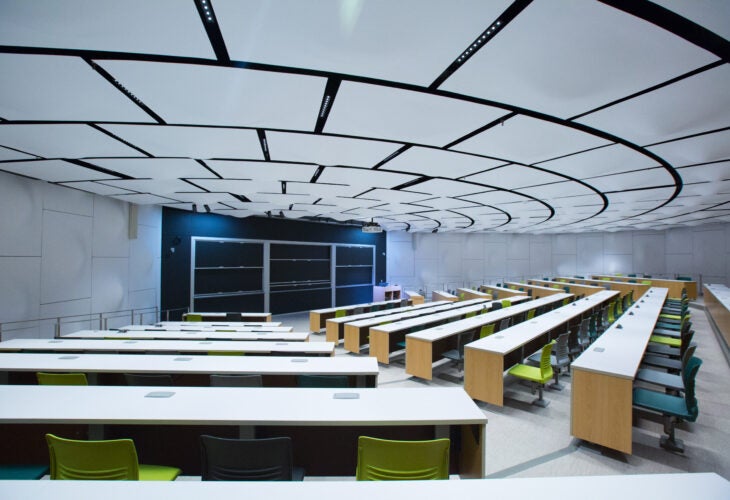When Masao Sako was planning his Intro to Programming and Data Science course for spring 2024, he settled on one goal: by the end of the semester, he wanted students to be able to conduct meaningful data analysis and data science. This was an ambitious target for the students in the class, who would generally be freshmen with no coding background. He decided that “getting help from ChatGPT was probably the fastest and most effective way for students to quickly learn how to code.” Sako had used it in his own work and discovered it could be incredibly useful if you knew how to ask the right questions.
Bhuv Jain came to similar conclusions, but rather than teach students in his Solar Systems, Other Planets, and Life on Planets course how to code, he wanted to figure out how to use ChatGPT in group assignments to give introductory students the opportunity to take a “one-time deep dive” into more complex topics. For starters, nuclear physics.
Both Sako and Jain have used Generative AI tools in both independent assignments and group work to help students with a wide range of knowledge accelerate their learning, specifically in introductory STEM courses.


